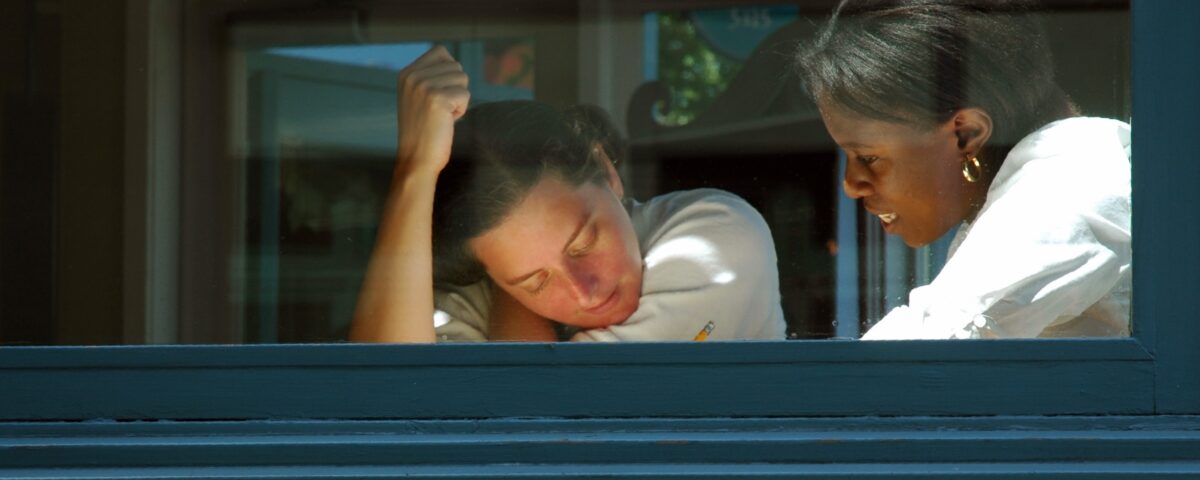
Your Right to Rest
March 8, 2023
Six Strategies for a Smoother Spring
March 22, 2023
Reach out.
Be this person – no, not the one on the upper step.
Be the person on the lower step – reach up, reach out.
If life is amazing and you are ready for a new challenge – reach up.
If you are doing so-so and need a boost – reach up.
If life is difficult and you need help – reach up.
You may prefer to be the person on the upper step. The one who is helping, the hero, the one who has got what someone else needs. I like being this person, too. It feels comfortable to be the helper. For some, it is an intrinsic part of their identity. For many, it is highlighted in your job description. Help people heal, help people find resources, help people learn, help people manage. But what about that person on the lower step?
Be Brilliant
This person is brilliant. This person could run back and forth where they are, or they could scramble and try on their own. They could refuse help that is available. Instead, they are reaching up. Taking the offered help and moving forward. I have seen people struggle while help is literally right next to them. With gritted teeth, limping, carrying way too much they struggle up a flight of stairs as empty-handed people offer to carry a few items. Sometimes they don’t accept help until a crisis is reached. They trip, the stuff in their arms falls everywhere and a scramble ensues to literally pick up the pieces.
There are internal barriers to accepting help. Worry that someone will think less of you because you need help. Fear of being labeled as “needy”. Imagining that the helper will brag that you couldn’t have done it without them, or that they will feel that you “owe them” in a way that can never be repaid. Somehow parts of us believe that we should know how to do everything, or that we should figure it out on our own. There may be past experiences and messages that you need to unpack to see if they have grown into internal barriers to asking for a hand.
Accept Help
Imagine you, as a competent adult, asking for and accepting a hand to make progress toward a specific goal or desire of yours. That is very different than being “needy.” Imagine this other person enjoys helping and does so as a small part of their own journey. In the real world, two people can offer each other help back and forth in different ways. We call this friendship, collegiality, partnership.
Remember that brilliant person who asked for help? What if they work together to figure out how they will both get up the next step. Perhaps a few other people appear, and they develop a system that works to get everyone to the top. We call this community. (In my daydream, there is a plaza at the top of these steps where coffee and pastries are served next to an ancient and beautiful water fountain.)
Where, in your life, could you brilliantly reach out or up? Is there a new project or adventure you would like to try? Who do you know that you might ask for information, a new idea, or a hand-up? What stops you from doing this? How do you feel about your need for help? I have a friend who says, “when I allow someone to help me I give them the gift of being the helper. I love to help people, why should I deny that to others?” Spread the love. Ask for help.
Peace,
Laura A. Gaines
Explore learnmodelteach.com to learn about our course, Shrinking Anxiety to Grow Resilience.





